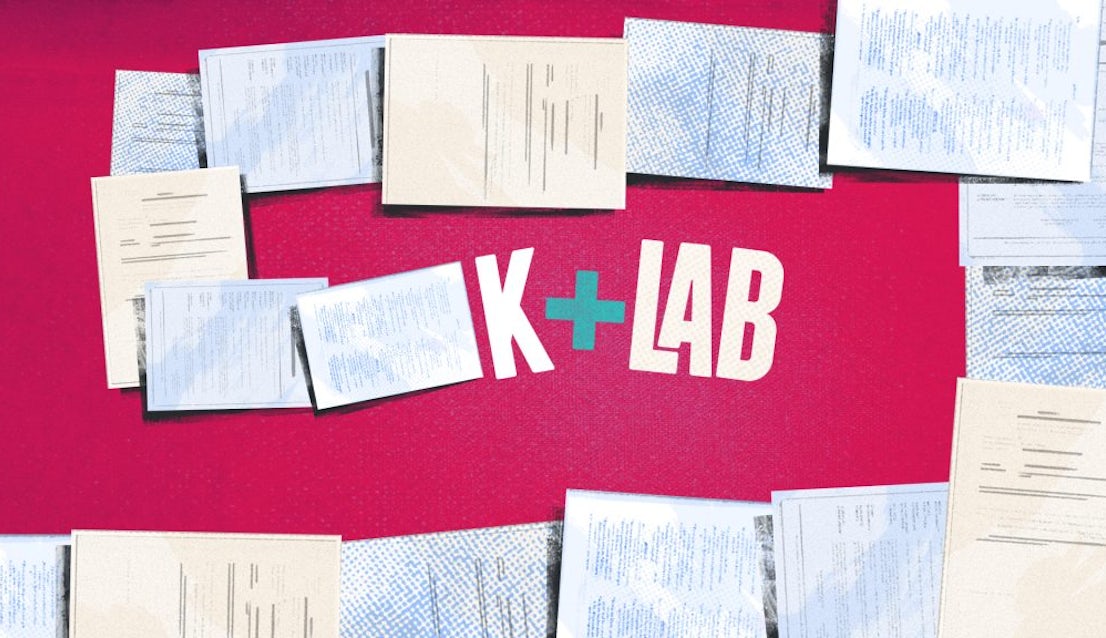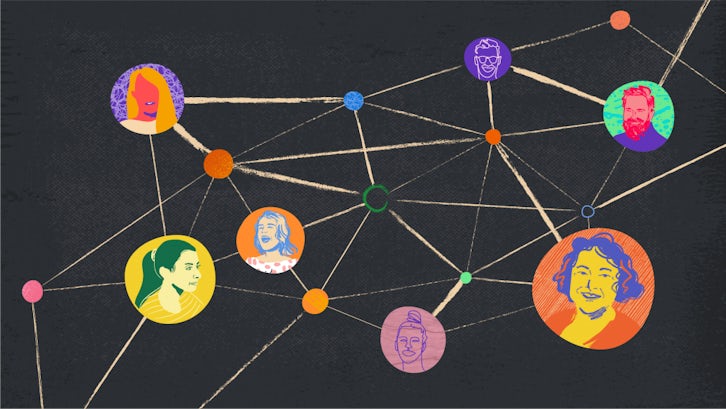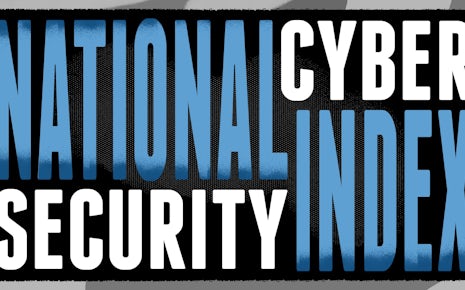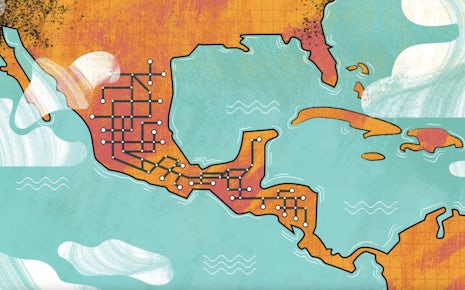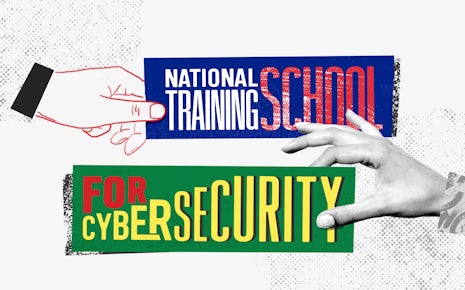The challenge
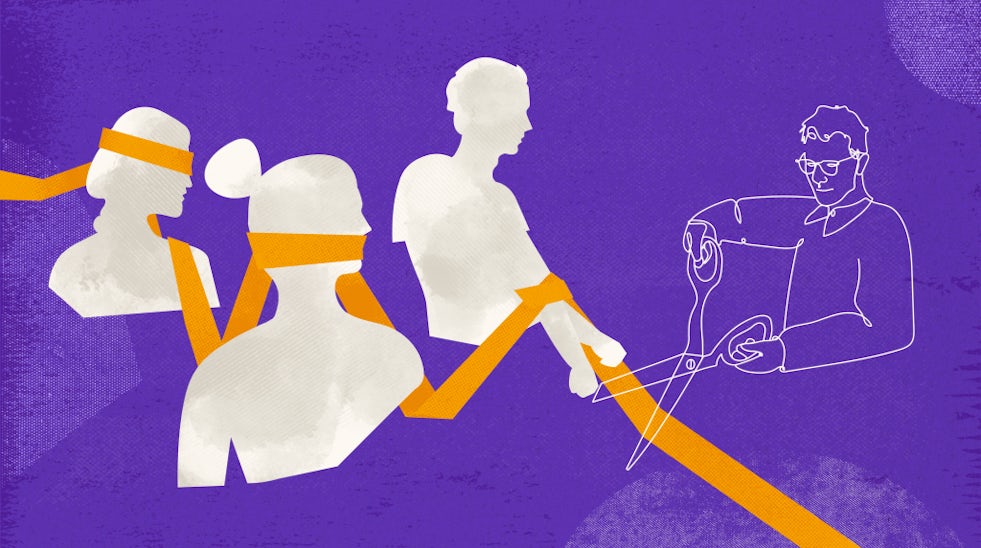
Citizens, civil society organisations, journalists, human rights defenders and activists use the Internet and digital technologies to carry out their day-to-day activities, to guarantee access to reliable information, to hold leaders accountable, to safeguard civil liberties online as well as offline, and ultimately to uphold democratic values. While the Internet provides opportunities to increase participation, fight discrimination, promote human rights and foster development, cyberspace is also misused by malicious actors and governments to restrict Internet access, violate civil liberties and unlawfully infringe citizens’ privacy, among others.
According to Access Now, in 2019 a total of 213 Internet shutdowns were registered across 33 countries, which amounted to 1706 days of Internet disruption. Insufficient levels of cybersecurity can also lead to the loss or disclosure of confidential data. These issues represent not only a cybersecurity concern, but also a concrete barrier for development. Societal awareness and political traction regarding digital rights and the interlinkages between ICTs and development are increasing in Latin America, where mass-scale deployment of interconnected services has heightened concerns about citizens’ privacy and data protection, freedom of expression, digital activism and cybersecurity.
